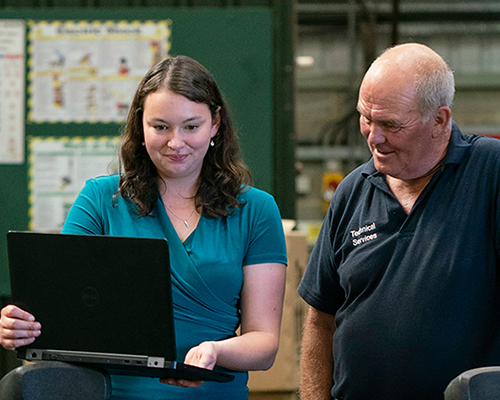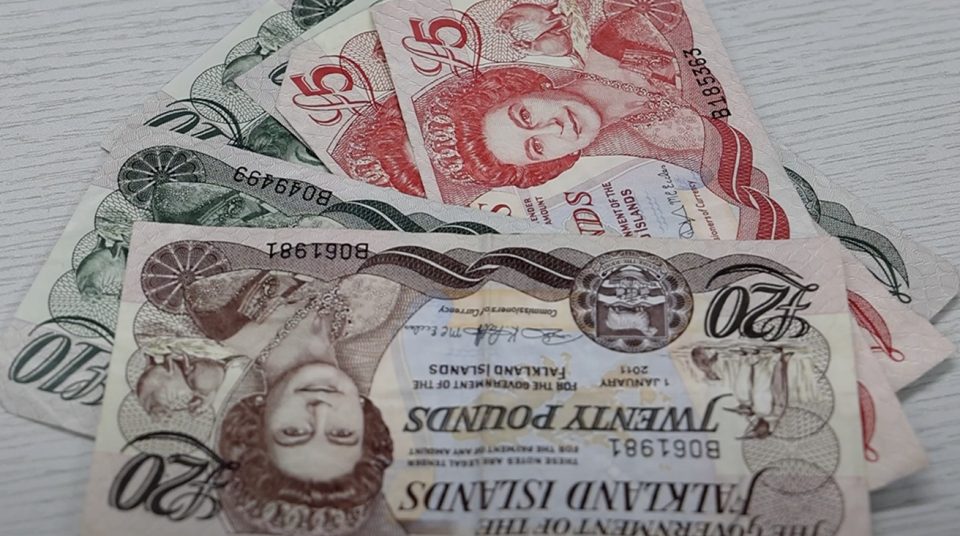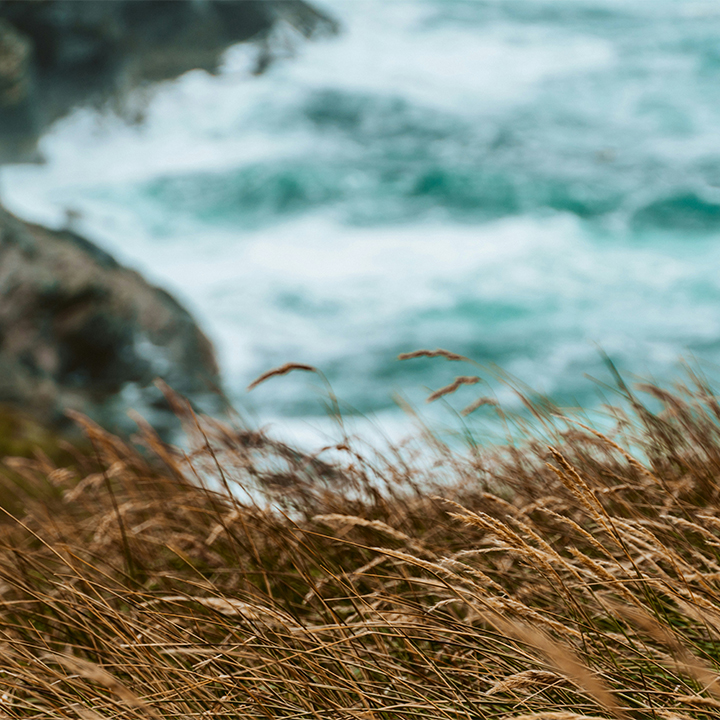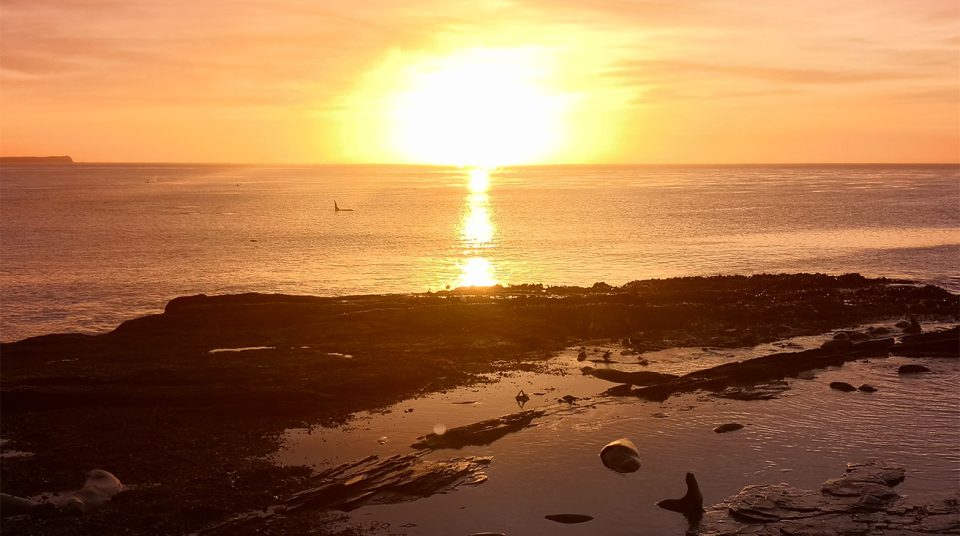

Setting up a bank account in the Falklands
Soon after arriving in the islands, you will need to visit Standard Chartered Bank to open your Falkland bank account.
To open an account, you’ll need to provide:
- An original copy of your passport.
- An original copy of your work permit.
The process typically takes up to 10 working days, though it may take longer. It’s a good idea to bring some cash for the initial expenses or as a backup if your overseas bank card isn’t accepted.
Bank cards and payments
After opening your account, you can apply for a Standard Chartered Visa Debit Card. However, there is usually a three-month wait from when your first wage is deposited before the card is issued.
Most businesses and shops in Stanley will accept cards, and tend to have a contactless payment facility. Some of the businesses that don’t accept card payments accept cheques or bank transfer slips – forms issued by the bank which act as de facto cheques. The use of bank transfer slips in shops is gradually reducing, and can only be used if you hold a local bank account. It always helps to carry some cash around; you can get cash over the counter at Standard Chartered Bank (you will need ID if you haven’t got a local account). Outside of the bank opening hours, there is a single cash machine on the islands (in the Stanley Services fuel station shop), and some shops will offer cashback.
Online banking isn’t available, but you can request to have account statements emailed daily, weekly, or monthly.
Before leaving your country, it is recommended that you set up a pre-loaded debit card account (e.g. Wise or Revolut). This will make transferring money to the UK quicker and cheaper, and will allow you to use your phone for contactless payments. Similarly, if you already have a credit card with another bank, it is strongly recommended that you keep it as there are no credit card issuers in the Falkland Islands.
Cost of living
Shopping and Supplies in the Falklands
Product variety can be limited compared to larger cities, so consider bringing your favourite items — like hair and skincare products or supplements — or ordering them in bulk to be shipped after arrival.
Our Everyday Costs section provides a rough guide to the average cost of common grocery and household items in GBP.
Falkland Islands tax residency
Tax residency in the Falklands is based on the number of days spent in the Islands.
- For non-residents: Employment income is taxed at a flat rate of 21%.
- For residents: Income is taxed progressively: an initial personal allowance (currently £16,860) is tax-free, the first £18,000 thereafter at 21% and anything over that at 26%. Residents are taxed on their worldwide income and may refer to the UK double taxation agreement if applicable.
Tax Returns
Tax residents must submit a personal tax return annually, normally issued in March and due by late July. Non-residents may receive a return or can request one. Late submissions may result in penalties.
For more information and guidance, visit the Taxation Office website or download the General Guide to Taxation.

